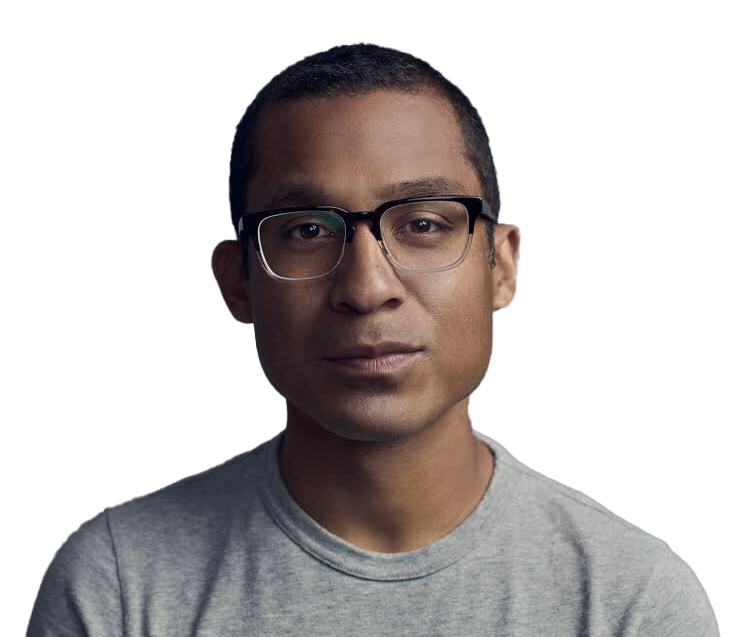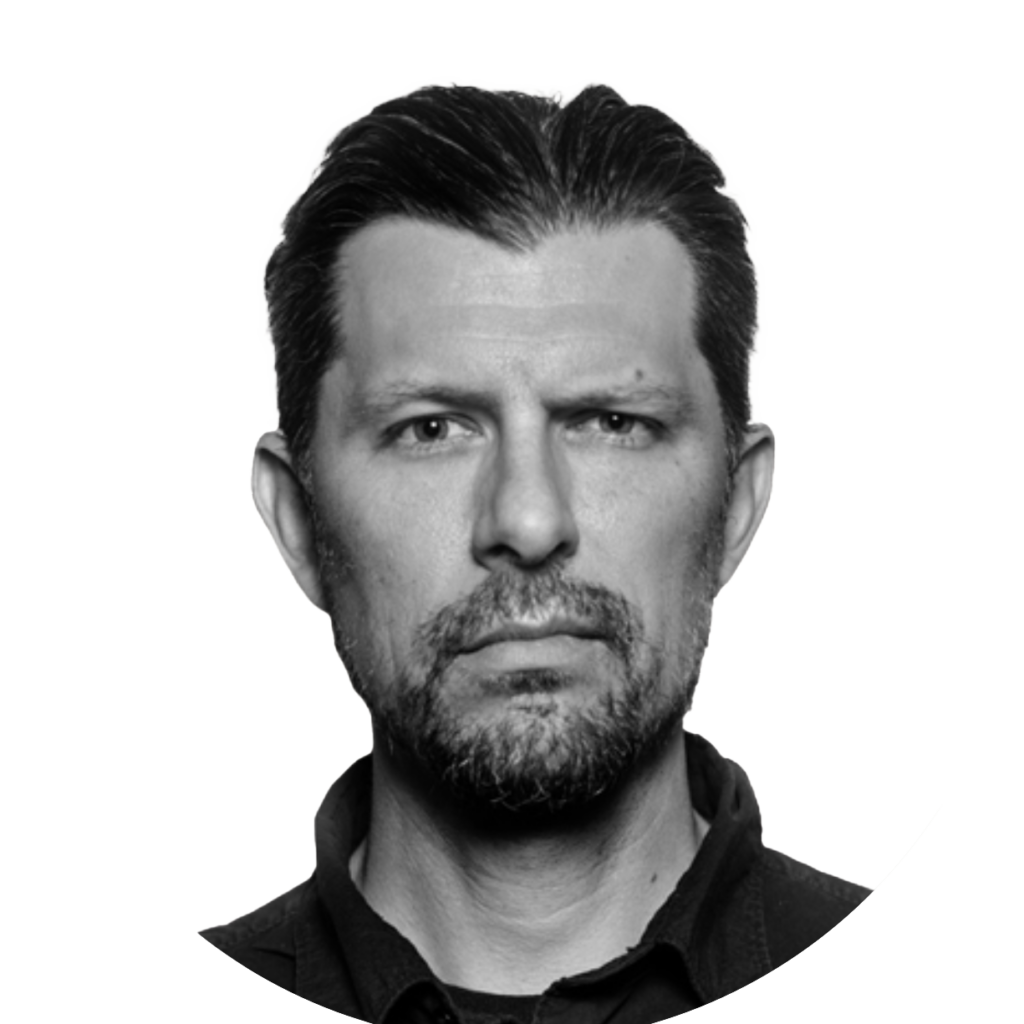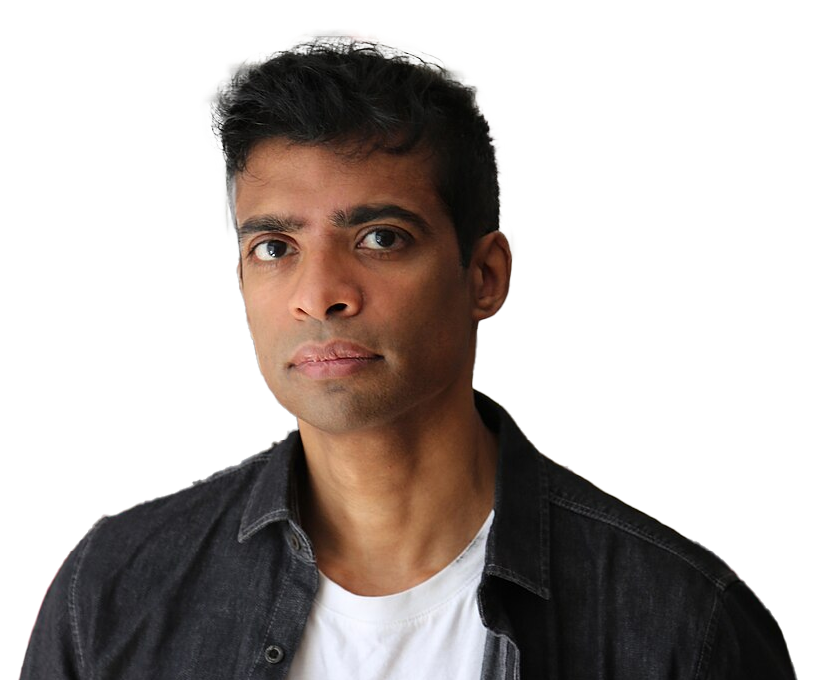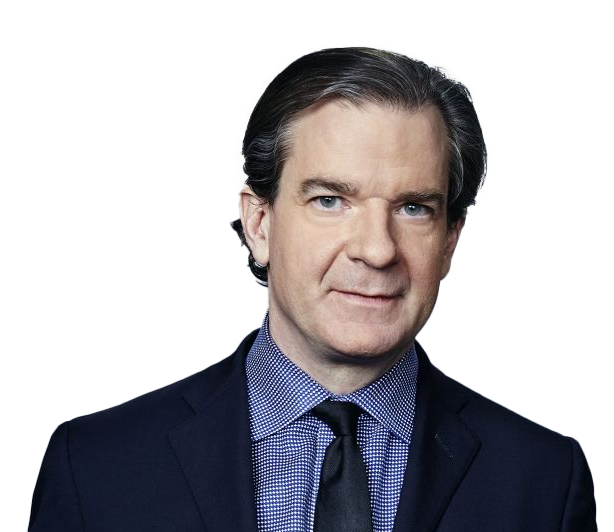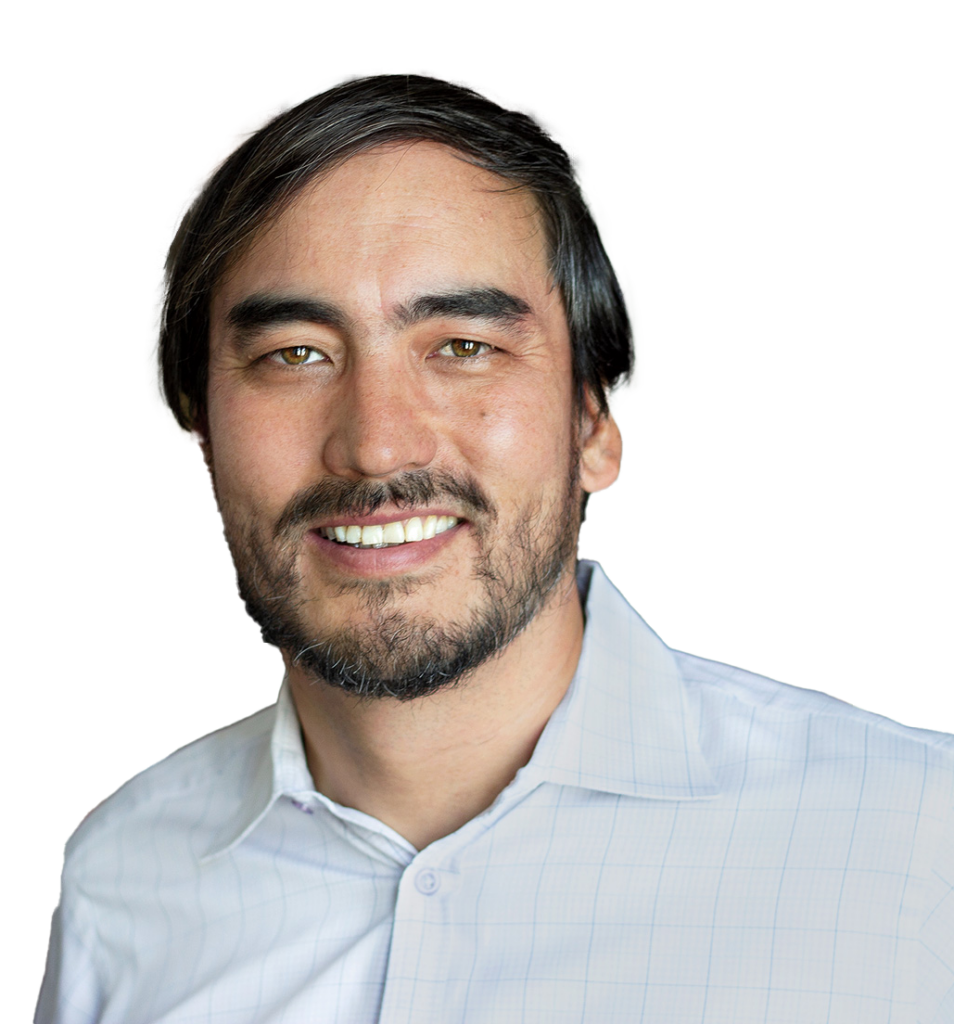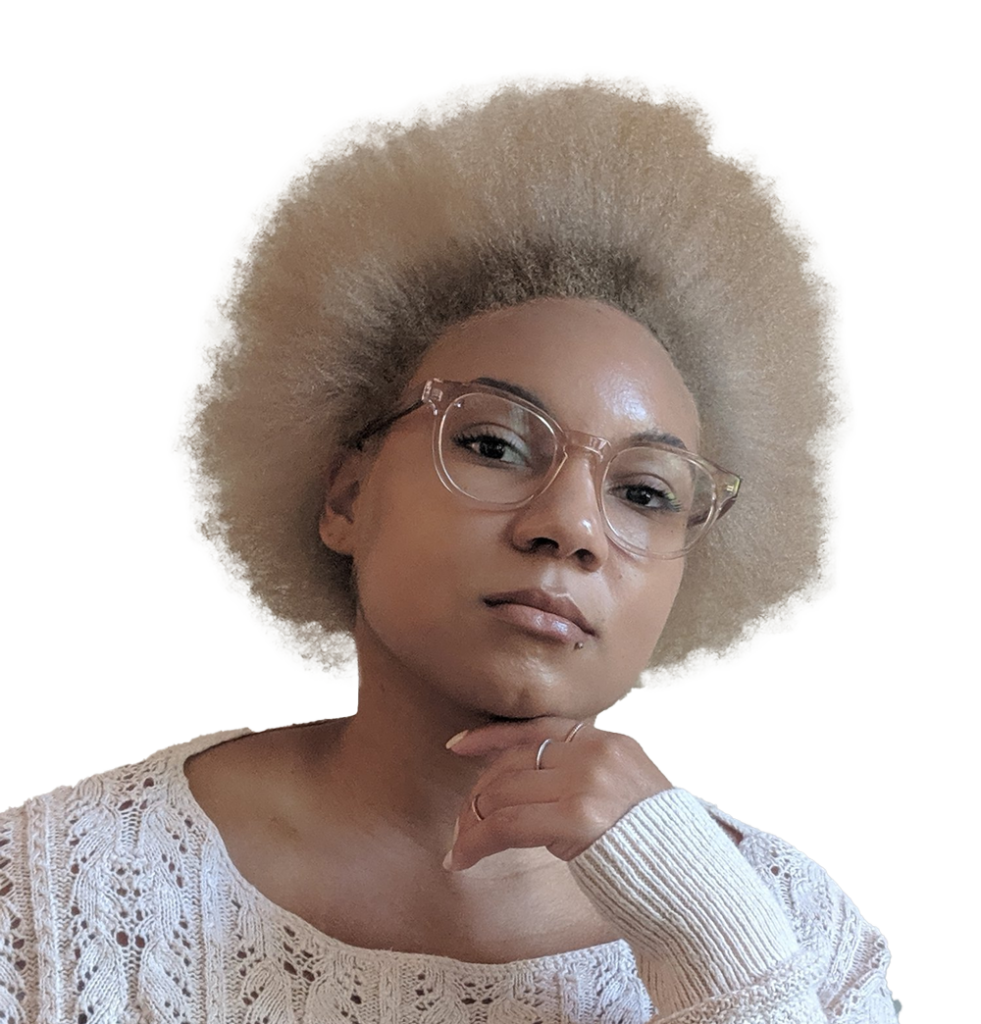This interview has been condensed and edited for clarity.
In an interview with New America Fellow Clint Smith about your documentary The Neutral Ground, you said, “I view racists like a kid views fireflies, like, ‘Oh my god! They are out in this number?! It’s so bright I have to find something to catch this!’” Can you talk more about what you meant by that—and how that perspective shaped the way you approached the film?
When we started making this film, Obama was still president. It was the winter of 2015, and I still believed that racism was a fringe element in America, something destined to die out with an older generation. This documentary was fueled by the genuine surprise I felt watching some of the nation’s oldest racial myths roar back to life. In Charleston, nine Black churchgoers were massacred by a white man who hoped to start a race war. Soon after, in New Orleans, the city council’s decision to remove four Confederate monuments was obstructed by people arguing that “the Civil War wasn’t about slavery” and “slavery wasn’t that bad.” As I started interviewing the people who flocked to town to “protect” inanimate statues from being moved, I began to wonder why so many of them recited the same stories, often in the same order. If an interviewee began telling me “the Civil War wasn’t about slavery,” it was only a matter of time before he leaned in close to educate me on how kindly most masters treated their slaves, and how those loyal slaves fought alongside their masters to defend the southern way of life.
As I researched, it felt less like an exposé on racism and more like tumbling down a rabbit hole searching for the source of that urban myth about alligators in the sewer, or trying to uncover how every millennial came to know that milk “does the body good.” It was important to me to let all interviews with monument defenders unfold as generously as possible, free of any edits that might be accused of taking their words out of context.
Once we discovered that the stories about states’ rights, kind masters, and loyal slaves all come from deliberate changes [that] the widows and children of defeated confederates made to American textbooks, I started viewing these interviews as a way to frame racism less as an issue of hate in our hearts, and more as a question about the power of the stories we repeat. Those stories about our past shape our present. Nowhere was this clearer than in Charlottesville, Virginia, as I watched violent torch-wielding white boys rallying to protect a Confederate monument while chanting, “Jews will not replace us.”
You’ve spoken about your early years in comedy as a time when you were imitating your comedic heroes. When did you start to feel like you were finding your own voice—and what helped you get there?
I love the way comedians give each other license. While making this documentary, I often felt like I was trying to imitate an interview style I had learned on my day job, directing for Comedy Central’s The Daily Show. But whenever I stepped in front of the camera, the style never quite felt like me.
One day, I was watching the HBO show Problem Areas, and I was struck by Wyatt Cenac’s unhurried style. He seemed as if he wasn’t trying to make jokes at all, rather just listening intently and being charming and playful when the moment called for it. It made me feel like I had permission to discard my lists of pre-written jokes and just lean into my own curiosity. I took that energy into my next few interviews—one with organizer Malcolm Suber and another with historian Christy Coleman. The result was a sort of intimacy and playfulness that has become a North Star for me.
My other secret weapon was the film’s co-writer, James Hamilton. An Emmy-winning television writer, James is also one of my best friends and oldest comedy partners. He coached me to discover a level of ease and silliness in my narration that finally felt like me. I’m proudest of a joke we wrote about the dry lips of Confederate Vice President Alexander Stephens. It wasn’t universally loved in the edit, but in screenings, the line is still the film’s biggest laugh and the one joke students most want to discuss. It’s wild how much it took to remind me to just be myself and trust that my instincts are right and my curiosity is enough.
What is it about comedy that allows it to cut through the complexity of an issue like race in ways other forms of dialogue often can’t?
I’ve been reading a lot of Frederick Douglass lately, and I’m shocked by how funny he was. We think of his stern gaze, and we forget Douglass was one of the nation’s greatest satirists.
During his 1852 speech “What to the Slave is the Fourth of July,” he speaks to the necessity of satire as a weapon: “O! Had I the ability, and could reach the nation’s ear, I would, to-day, pour out a fiery stream of biting ridicule, blasting reproach, withering sarcasm, and stern rebuke. For it is not light that is needed, but fire; it’s not a gentle shower, but thunder.”
To me, it’s humbling to see one of America’s greatest orators realizing the limits of logical argument. When it comes to race, comedy can move us into a space that no longer feels like an argument.
In your film, your father says, “I had to shock you into seeing that you were Black.” It’s a moment that’s both hilarious and deeply poignant. Was there a specific moment when that truth really clicked for you?
I’ll forever be grateful to the Third World Transition Program (TWTP), Brown University’s freshman orientation program for students of color. At first jarring to us incoming students, the name “Third World” is a reference to Frantz Fanon’s notion of solidarity among decolonizing nations.
Growing up, my understanding of Blackness was chiefly rooted in the history books my father left outside my bedroom in our white suburb. But TWTP was a moment of really understanding Blackness as a community. It was a space that fostered joy and connection among us as Black students and as a coalition of non-white students who, for once, didn’t have to defend our worthiness or our right to gather with each other. TWTP instilled in me a message that I hope resonates in my own work: Even if this place was not built for you, you still belong here.
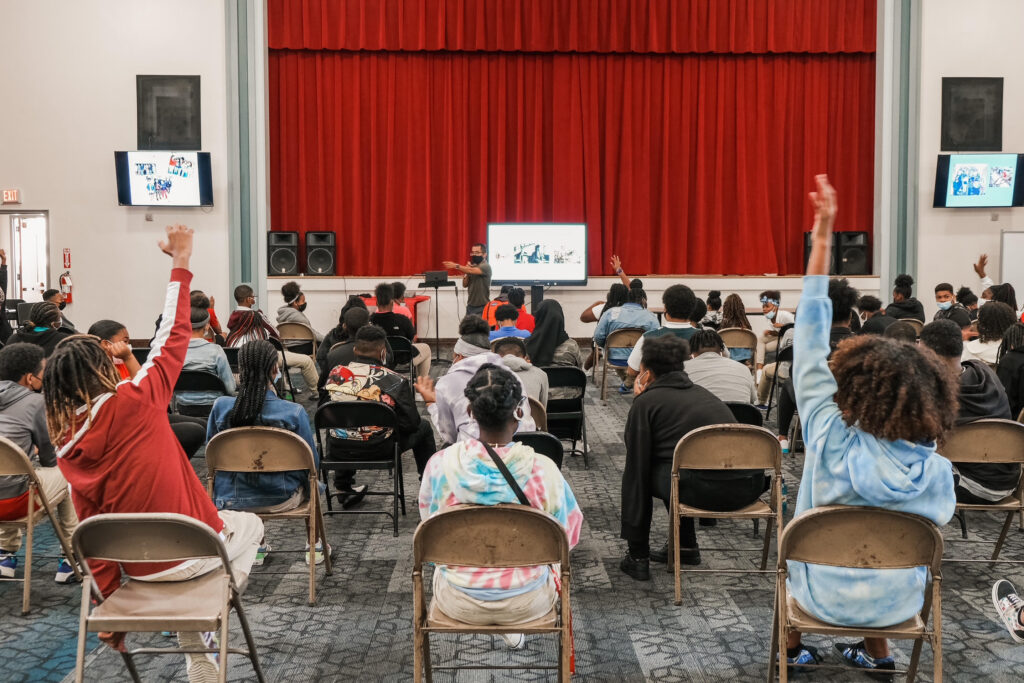
You’ve said that you measure the film’s impact by the number of student screenings you’ve done. As of now, how many have there been—and of all those events, is there one that really stuck with you—something a student said or a moment that stayed with you?
Since the release of The Neutral Ground in 2021, we’ve had over 66 screenings in classrooms ranging from elementary school to law school. We’ve seen teachers do incredible things with our film: Georgia students designed new monuments and invited city council members to their presentation, California students created commercials and PSAs about racialized myths, and at schools across the country, high schoolers hosted screenings and moderated the Q&A for their classmates and families.
I’ll never forget an Ohio school visit where I asked a group of high school students to review four primary source documents, largely comments from Confederate leaders, and decide which of these historical receipts the students would use if they were filmmakers editing a scene addressing the claim “the Civil War wasn’t about slavery.” The joy in the classroom was so high. Each student group brought such personality and power to their presentation. As they finished, they were met with raucous applause and feedback. The speech-and-debate nerd in me swooned. One student pulled me aside to tell me he was half-Black and half-Filipino—just like me. He then proceeded to give an impassioned and hilarious presentation roasting Alexander Stephen’s irrefutably racist “Cornerstone Speech.”
As I watched, I felt time warping around us. On one hand, here was a Black and Filipino public school student reaching across time to roast a dusty Confederate who sought to build a nation based on the enslavement of his people. On the other hand, I was getting a glimpse of the teacher I always dreamed of becoming—the teacher I might still be had I not left the profession.
Earlier in your career, you worked in a public defender’s office while doing stand-up and improv on the side. How much did that day job shape your comedy at the time? And now that comedy is your full-time focus, do you ever miss having a career that was completely outside that world?
I was an assistant at the Orleans Public Defenders office for three years. The work consisted of answering phones, scheduling meetings, and discovering the exciting world of data entry. However, assisting those badass attorneys fighting for justice in the incarceration capital of the world made me feel like a waterboy for the 1996 Chicago Bulls. The work didn’t exactly change the content of my comedy. Instead, it gave me my first day job where I had the time and mental space to perform comedy at night.
These days, I’m working on projects that all seem to be deeply fascinated with the law, and it sometimes feels like I am glimpsing some alternate timeline version of me who lives in New Orleans doing public interest law.
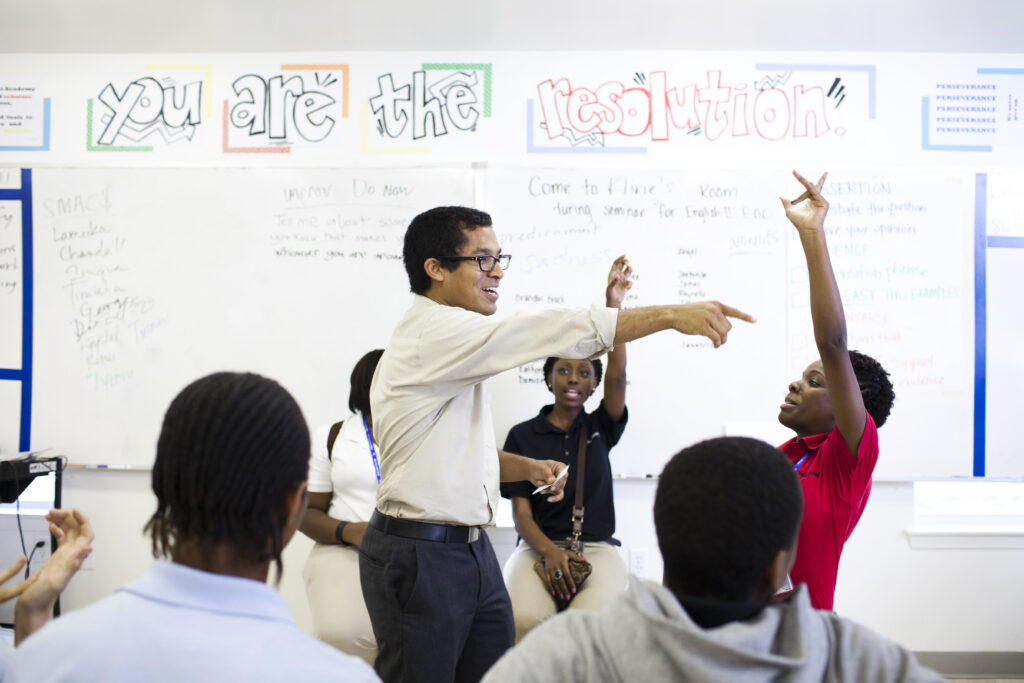
You’ve said that teaching can have a more tangible impact on racial injustice than performing comedy. You’ve also talked about someday founding a school or becoming a district superintendent. Do you still see yourself returning to the education world in the future?
After graduating from college, I made a big deal about choosing teaching over a life in the entertainment industry. That didn’t last long. I’ve spent the last nine years writing and directing comedy and film. However, it feels as if my current work is helping me dust off the 22-year-old version of myself who was so convinced he would spend his life as a public school teacher. I’m working on a new project about education. It’s still early, but I’m trying to unwind the heated debate around history curricula in public schools. It’s about the anxieties parents feel, the tensions that have always existed in teaching history, and what new visions of school will emerge from the campaign to remove indoctrination from the classroom. I feel as if I’m returning to the set of questions and passions that brought me into the classroom so many years ago: What is school for? Why do we have so much trouble “fixing” it?
When it comes to evaluating the quality of your comedy work today, whose perspective matters most to you?
I’ve recently discovered that my target audience is eighth graders. I want to make the type of insightful, entertaining, playful documentary that would have had eighth-grade CJ Hunt riveted and falling out of his chair with laughter. In my last documentary, my target audience was broad: organizers, educators, Black families, young white southerners who grew up questioning the Lost Cause. On this new project, I’m telling myself, “If I can make a film that a diverse class of 8th-grade social studies students goes crazy for, then I’ve done my job.”
Eighth-graders aren’t easily impressed. They’ll tell you when you’re not funny. They’re young enough to still possess a sense of wonder, yet old enough to be skeptical about the stories adults tell them. I want to make a film that helps them realize that serious academic work can also be funny, joyful, and surprising enough to make the audience say, “You’ve gotta be kidding me.”
July 9, 2025
Photos provided courtesy of the Fellow.
